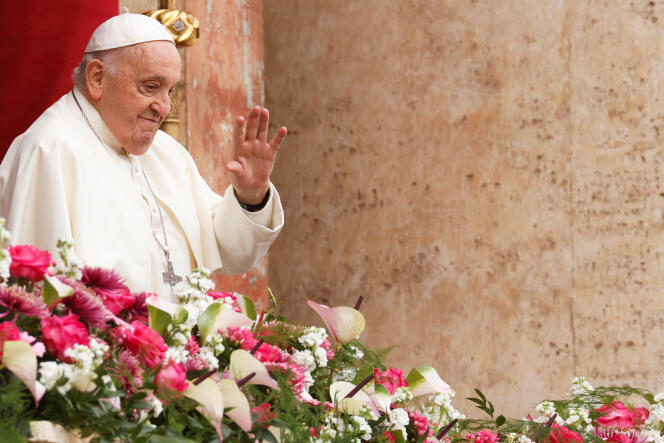Within the framework of his Asia-Pacific tour, Pope Francis, aiming to promote interfaith harmony, will visit many countries, including Indonesia next week, in particular the symbolic mosque in Jakarta.
The Vatican officially appointed a diplomatic representative to Indonesia in the 1940s. In modern Indonesia, officially a secular state, religious minorities still face discrimination. The country has seen two popes visit Indonesia before, the first by Pope Paul VI, who travelled to Jakarta in 1970, and in 1989 by Pope John Paul II, who visited Jakarta and four other cities.
On Tuesday, Pope Francis arrives in Indonesia, the most densely populated Muslim-majority country in the world, for the first leg of the longest journey of his papacy. The visit has delighted Indonesian Catholics who have not seen a papal visit in more than three decades. He will next visit Papua New Guinea, East Timor and Singapore.
The planned trip includes attending an interfaith meeting at a mosque, the largest in Southeast Asia, and visiting a tunnel that has windows that let in light and inscriptions on the walls but is not yet open to the public.
“Friendship Tunnel,” which connects the famous Istiqlal mosque to the Our Lady of the Assumption cathedral, was built by the government in 2020 as a symbol of religious harmony. The theme of religious harmony was repeatedly raised and emphasised by the head of the Catholic Church during his 11-year reign.
The pope is also set to hold a meeting with outgoing President Joko Widodo and hold a mass at a stadium in Jakarta expected to be attended by more than 80,000 people, said the Rev. Thomas Ulun Ismoyo, an Indonesian church official.
Indonesian Religious Affairs Minister Yaqut Cholil Qoumas said the pope’s visit is a symbol of friendship between people of all religions in Indonesia. Despite, Indonesia’s history has been mixed in terms of religious harmony. Catholicism came to the country in the 16th century through Portuguese missionaries, but historians say it was banned for about two centuries during Dutch colonial rule in favour of Protestantism.
